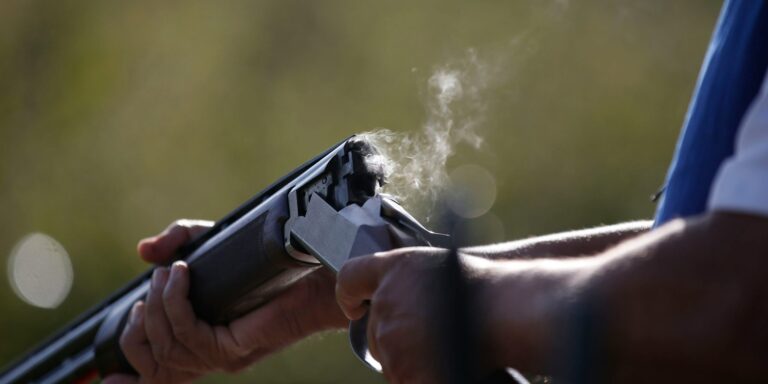On June 15, 2025, a tragic incident unfolded in Minnesota, where two state lawmakers were shot, resulting in the death of one and the injury of another. Authorities identified 57-year-old Vance Luther Boelter as the primary suspect in the shooting of Minnesota House Representative Melissa Hortman and State Senator John Hoffman. Boelter allegedly opened fire on the two politicians, with Rep. Hortman tragically losing her life and Sen. Hoffman suffering injuries. Law enforcement officials believe the shootings were politically motivated, fueled by Boelter’s vehement anti-abortion stance.
The investigation quickly revealed a manifesto at the scene of the crime, shedding light on Boelter’s motivations. The manifesto outlined a list of nearly 70 individuals who were targeted for their support of abortion rights, including prominent advocates and providers. Boelter’s anti-abortion views appeared to be the driving force behind the attack, making it one of the most high-profile instances of politically motivated violence in recent memory.
Lawmakers from across the political spectrum have condemned the attack in the strongest terms, urging for an end to the rising tide of political violence in the United States. “This attack is a stark reminder of the dangers of a divided political environment,” said Senate Majority Leader Amy Klobuchar. “The loss of Rep. Hortman and the injury to Sen. Hoffman are a tragedy, but we must come together as a nation to ensure this never happens again.”
The incident has sparked intense discussions about the current state of political discourse in the United States. Many political leaders, both Republican and Democrat, have voiced concerns about the increasingly polarized climate and the growing threat to public figures. The attack on Hortman and Hoffman is seen as a stark reflection of the toxic rhetoric that has permeated political debates in recent years.
Political violence, though not new to American history, has become more prevalent in recent years as extremism and divisive rhetoric have seeped into mainstream political conversations. The Minnesota shooting has reignited calls for enhanced security measures for public officials and a deeper commitment to addressing the underlying issues that fuel such acts of violence.
While the attack on Hortman and Hoffman is tragic in its own right, it also highlights the broader problem of political extremism and violence. Lawmakers, political analysts, and citizens alike are calling for greater efforts to de-escalate tensions and promote civility in public discourse. In the wake of this attack, some have suggested that it is time for a national conversation on how to restore respect for differing opinions and create a more constructive environment for political debate.
In addition to the calls for security enhancements, some advocates are also pushing for reforms that address the root causes of political violence. These include campaigns to reduce political polarization, stricter laws on the possession of firearms, and initiatives aimed at de-radicalizing individuals who may be prone to violent extremism.
For now, the shooting remains under investigation as law enforcement works to understand the full extent of Boelter’s motives and connections. Authorities have stated that they will continue to pursue all leads and are taking steps to ensure the safety of public officials. As the community and the nation come to terms with the senseless loss of Rep. Hortman and the injury to Sen. Hoffman, the call for unity, security, and civility in political discussions has never been more urgent.
This shooting marks another dark chapter in the increasing number of attacks on politicians and public figures, a troubling trend that many fear could escalate further unless meaningful action is taken. As politicians, law enforcement, and citizens grapple with the aftermath of the Minnesota shooting, it is clear that the political climate in the United States remains fragile, and steps toward healing and reconciliation must begin immediately.



